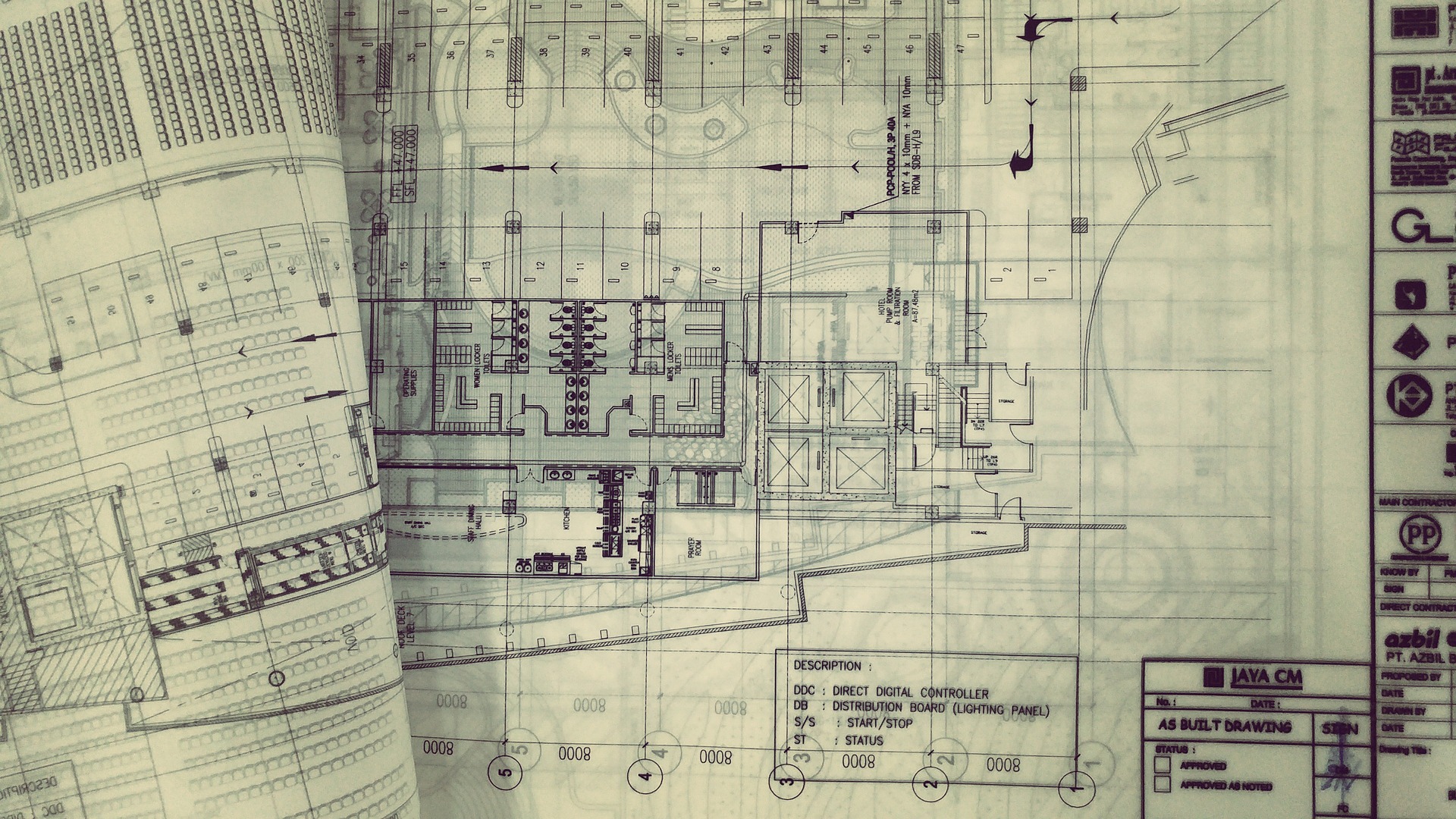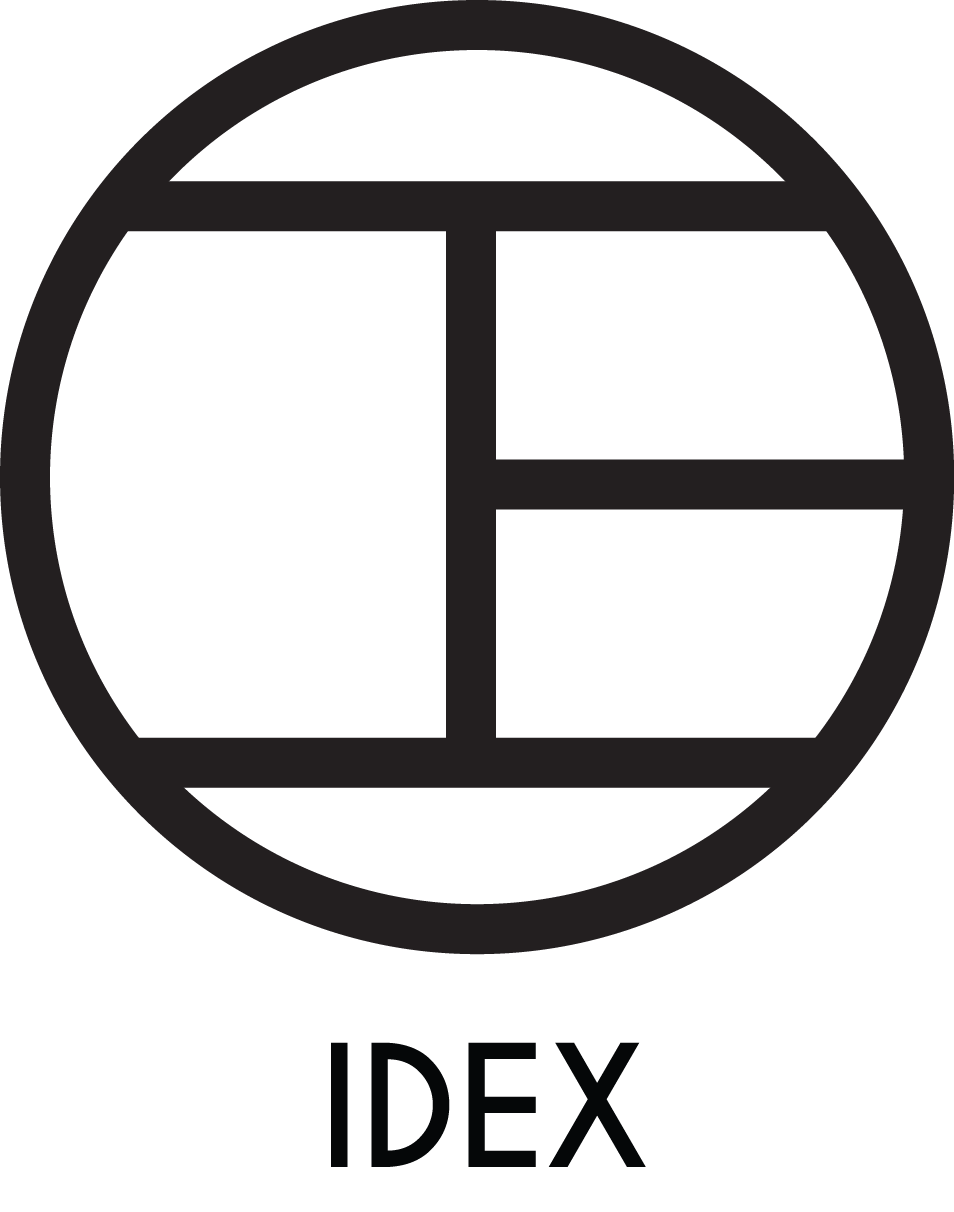Project Management Methodologies

A project management methodology is a set of guiding principles and processes for navigating a project through its life cycle. It helps guide an organization in managing its projects to ensure their optimum performance.
In this article, we will talk about the guiding principles of the methodologies, so that you have a solid foundation. And in the one coming up next week, we will put together the most popular methodologies, their benefits, who they are for (and not for), in order to help you choose one, or a few methodologies that best suits your projects.
Linear
There are two main different types of project management styles, linear and iterative. Linear means the previous phase or task has to be completed before the next can start.
A linear approach would work well for a project like building a house. You'd need the blueprint created before you can begin laying the foundation. Then you've got to finish the foundation before you put up the walls and the walls before you put up the roof and so on before you have the finished project. There's also a clear goal, you know exactly what the house will look like and the steps involved.
Iterative
Iterative, on the other hand, is a more flexible approach where some of the phases in tasks will overlap or happen at the same time that other tasks are being worked on.
For a project like producing a new show for a television company, a more iterative approach might be more suitable. As you gather feedback for the show pilot, adjustments to the show are made. For example, maybe a supporting character got a lot of positive feedback, so you want to make them one of the main characters. At the same time, you're able to start working on other parts of the project, like working on advertising while the show is being filmed.
Even though the overall goal is clear, to produce a new show, the type of show could end up being different from the original idea. What's more important, is that you produce a show that audiences are going to watch. Because of the iterative approach, plans remain flexible and you're able to make adjustments as you go along.
Linear projects don't require many changes during development and have a clear sequential process. If you stick to the plan, it's likely you'll finish your tasks within the time schedule and all other criteria. While iterative projects allow for more flexibility and anticipate changes. You're able to test out parts of the project to make sure they work before the final result is delivered, and you can deliver parts of the project as they are completed, rather than waiting for the entire project to be done.
Over the years, the field of project management has developed many different methods that project managers can choose from that will help them manage most effectively. Some organizations also choose a hybrid approach where they mix things up and adapt their own style to what makes the most sense to their project and their team. In the next article, we will explore the 5 most well known and most used project management methods that you can add to your project management tool box.
 Previous ArticleNext Article
Previous ArticleNext Article 


